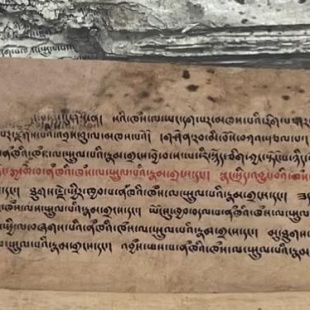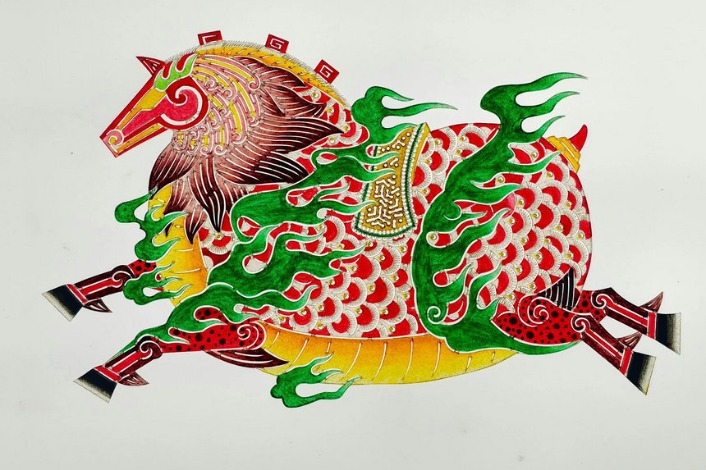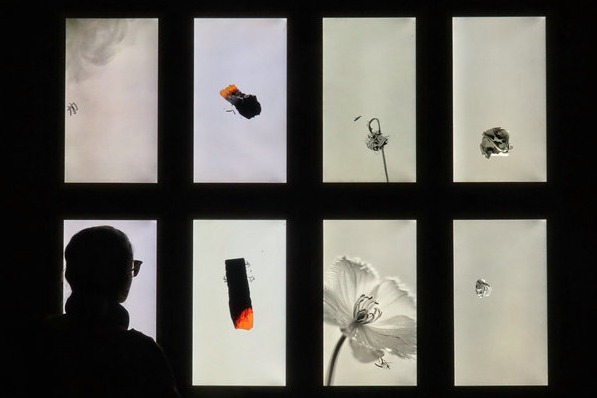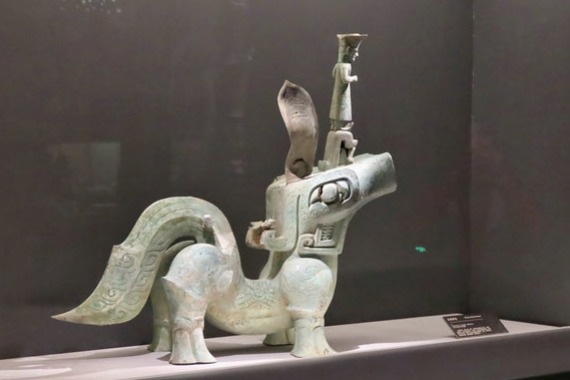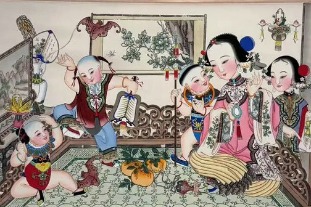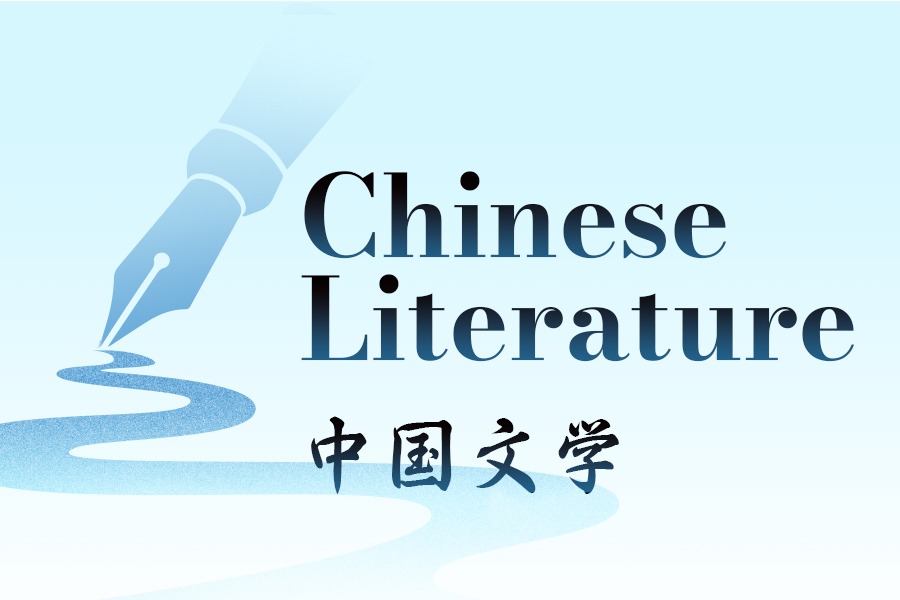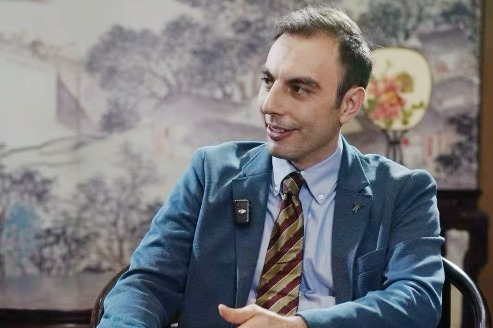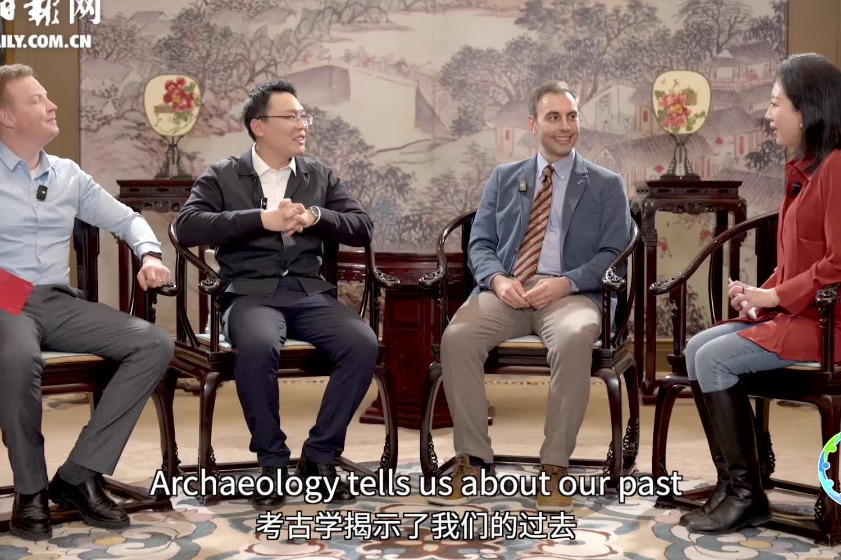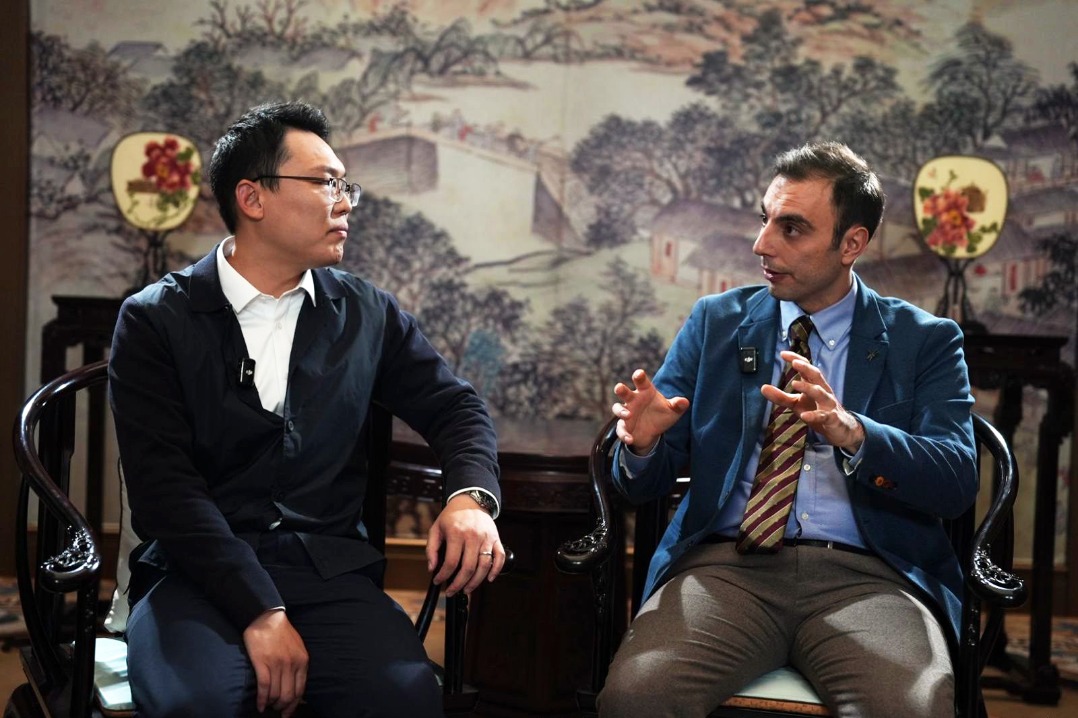The age of restoration

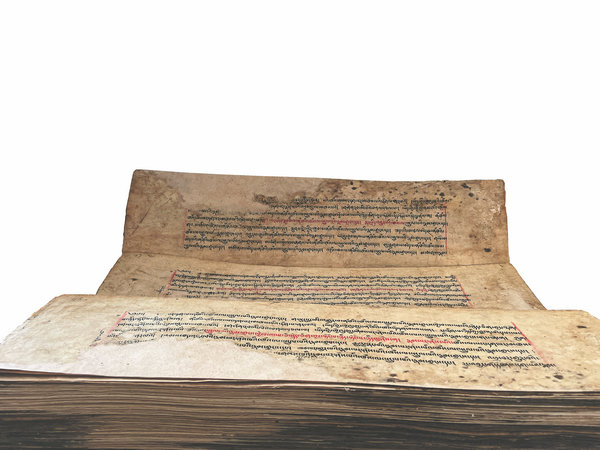
Yangla and Tseyang have both mastered the skills of book restoration, and both have plenty of experience. Yangla studied in the National Library of China for more than two months in 2013, while Tseyang also attended training in ancient book restoration in Beijing for more than 70 days in 2010.
Tseyang had the opportunity to take part in a training course related to the restoration of Tibetan ancient documents in Yunnan in 2016.
The paper they work on has one particular advantage — moth damage is rare.
"Tibetan paper is produced using local herbs, which are a natural poison, so they tend not to have moth damage," says Tseyang.
Usually, these ancient Tibetan scriptures are damaged by abrasion, corrosion and damp.
After years of experience, they have created a series of unique restoration methods. In 2015, they hosted a training session in Lhasa, and more than 50 people attended the course.
"The trainees included monks, librarians, people from cultural departments, and Tibetan academics," says Yangla, adding that it laid a foundation for some of the region's monasteries and cultural departments to carry out the work of ancient book restoration in future.
Currently, they are working on the restoration of ancient documents from the Chayul Padkar Monastery in the region's Lhunze county, as well as other restorations.
"These ancient documents from the Chayul Padkar Monastery are very valuable. A large quantity of rare scriptures were discovered between the walls when a reconstruction project was going on years ago," says Yangla.
A total of 13 bags of ancient scriptures were sent to the center for restoration. These documents were severely damaged.
"Apart from religious philosophy, the contents of the documents include information about astrology, calendars, Tibetan medicine and history," says Yangla.
"Restoring ancient books is like communicating with the past," Yangla says. "I not only need to take the job seriously, but also have to study hard to continue to improve my Tibetan reading and understanding abilities.
"It's more than a job. We hope what we have been doing can be a contribution to future generations."


